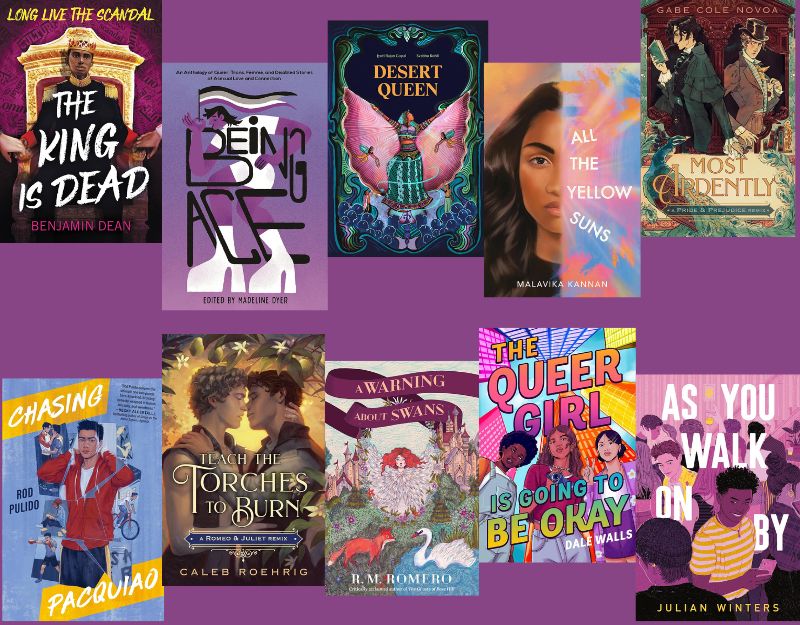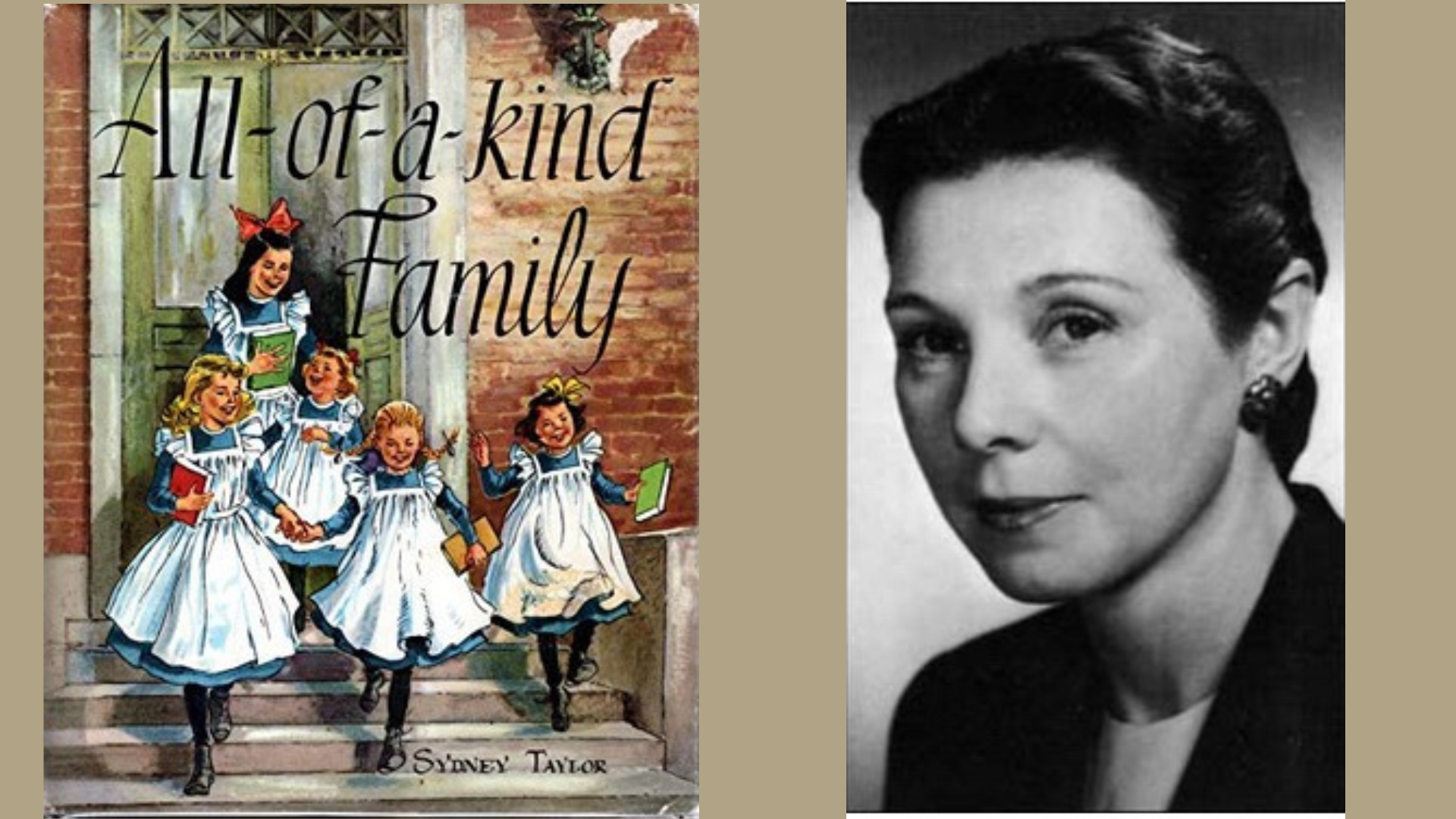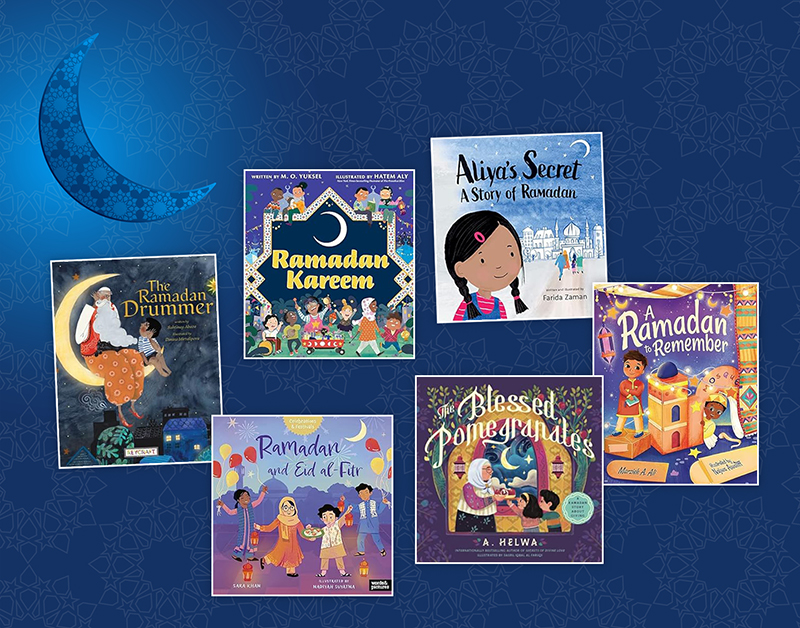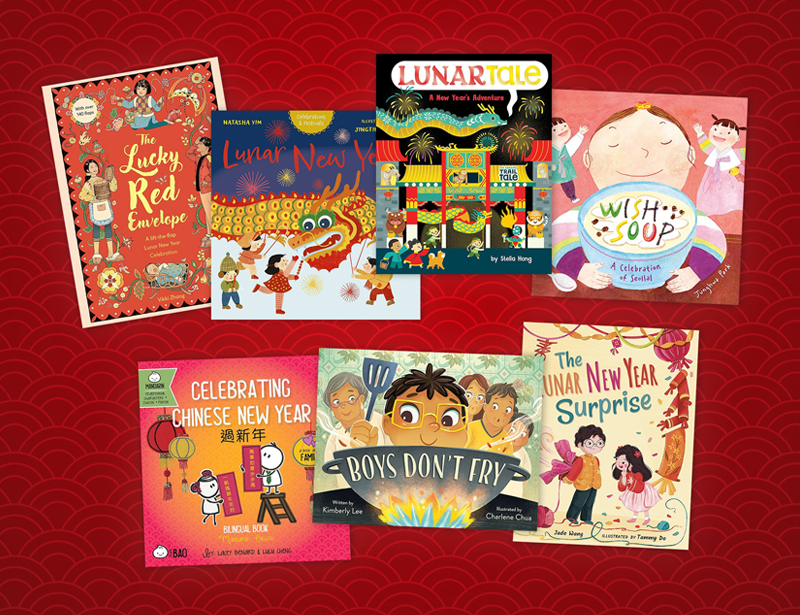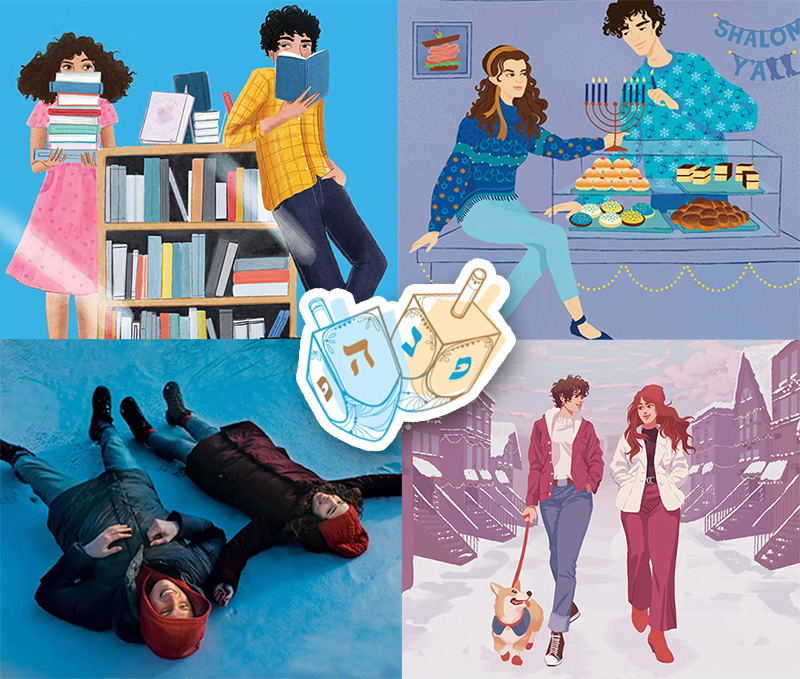Review of the Day: Rifka Takes a Bow by Betty Rosenberg Perlov
 Rifka Takes a Bow
Rifka Takes a Bow
By Betty Rosenberg Perlov
Illustrated by Cosei Kawa
Kar-Ben Publishing (a division of Lerner)
$17.95
ISBN: 978-0-7613-8127-3
Ages 4-8
On shelves now.
History is written by the winners, they say. I’m going to lump personal history into that too. As far as I can tell, if you live long enough to tell an interesting story about your past, that’s winning. And anyone who lives a long time is going to have some kind of a story to tell. Time has the ability to make even the most mundane activities of the past of interest. That’s the reason books like William Stieg’s When Everybody Wore a Hat work as well as they do. When you write a picture book about the past you have to couch that story in the familiar and the unfamiliar in equal measure. Make the past too exotic and you risk losing your audience. Make it too familiar and then what’s the point of telling the story at all? Rifka Takes a Bow is a good example of a book that finds that balance and works it to the reader’s advantage.
Rifka’s parents have the best job in the world. Actors in the Yiddish Theater, they often will take their spunky daughter to work with them from time to time. It’s just a quick trip on the subway to Union Square and then up to Second Avenue where The Grand awaits. There her parents transform into old men or little girls depending on the show. Rifka explores the props in the basement and the dressing rooms of the actresses, but she doesn’t get into trouble until the day she accidentally explores a flight of steps that lead onto the stage during a live performance. Fortunately, the girl’s a born actress. She’s never been more at home. A note about the Yiddish theaters of the late 1800s / early 1900s and the author’s own experiences as a child are included alongside photos and playbills at the book’s end.
ADVERTISEMENT
ADVERTISEMENT
You would think there would be more picture books out there about backstage kiddos. Indeed it would feel like a wonderland to kids unfamiliar with the setting but familiar with the stageplay. Here you have a world where people pretend to be what they are not and who they are not on a regular basis. There are secret staircases and beautiful ladies in dressing rooms and mysterious people clothed all in black in the wings. Could it be more perfect? And yet when we hear about picture books set in such a world it tends to be from the p.o.v. of cats (Backstage with Clawdio, Backstage Cat, etc.). To do a proper backstage book it helps to have a bit of reality in there. A bit of memoir doesn’t hurt either. Hence, Rifka.
There must have been a temptation early on to make this book a straight up work of nonfiction. If we’re working off of Ms. Perlov’s 90-some year old memories, there have got to be some choice gems. But in the end I think the idea of making it fictional was wise. Picture book biographies have a tendency to get lost in the great swath of books out there for kids. Unless they’re about someone famous or they have a huge marketing push behind them, most of the time they get lost. Fiction that contains nonfiction elements, however, can be used in all sorts of different ways, whether it’s school assignments or personal readings. There’s also the freedom with the narrative that only fiction can truly provide. When you have only the truth to play with, you are severely limited in your storytelling. Here, fiction has the edge.
 But it is the setting that really sets Rifka apart from so many other picture books in the world. First of all, that it was written by someone who lived through a distinct period in the early 20th century is interesting. The number of 96-year-old debut picture book authors is not as high as you might think. Then there’s the information about the Yiddish theater scene of old New York. It’s not as if kids will necessarily care all that much about it either way. Far more interesting to them will be the many disguises an actor can put on and the kid-sized glamor of the behind-the-scenes world. On top of that, I think we’re all a little burned out by works of historical fiction that talk about Jewish characters but can’t seem to find a worthy setting other than the Holocaust. Maybe you’ll get a pogrom, but never anything happy. This book is, in sweet delightful contrast, distinctly cheery from start to finish.
But it is the setting that really sets Rifka apart from so many other picture books in the world. First of all, that it was written by someone who lived through a distinct period in the early 20th century is interesting. The number of 96-year-old debut picture book authors is not as high as you might think. Then there’s the information about the Yiddish theater scene of old New York. It’s not as if kids will necessarily care all that much about it either way. Far more interesting to them will be the many disguises an actor can put on and the kid-sized glamor of the behind-the-scenes world. On top of that, I think we’re all a little burned out by works of historical fiction that talk about Jewish characters but can’t seem to find a worthy setting other than the Holocaust. Maybe you’ll get a pogrom, but never anything happy. This book is, in sweet delightful contrast, distinctly cheery from start to finish.
I admit that I was surprised at the choice of Cosei Kawa as the illustrator. Normally with a story like this you’d employ a Vladimir Radunsky or Boris Kulikov for the art. Kawa is a relative unknown on American shores, usually illustrating books for Japan or the UK. But that’s what separates the good editors from the bad. Good editors take risks. They receive picture book manuscripts and then envision the kind of art that would best accompany it. On occasion, they even take risks. Kawa’s style is hardly the kind you’d immediately associate with historical fiction. It’s light and airy with little tiny flourishes and details. It feels simultaneously like a work of cut paper wizardry and computer generated art. Features might get pulled and twisted and even occasionally misplaced (Rifka’s nose has a habit of disappearing) but Kawa reigns everything in to keep it from crossing over into the creepy. It’s a fine, funny line to walk.
The only real problem I had with the book was the ending. At the story’s finish Rifka accidentally walks out onto the stage during a performance. In a burst of chutzpah she announces boldly, “Piff-Paff! Not to worry!” The crowd, for some reason, goes crazy for this and showers her in flowers and applause. Fair enough. You can read that as a triumph from Rifka’s point of view if not actual reality. But the last sentence in the story is, “I am going to act on the stage when I grow up!” Turn the page and you see information about the history of Yiddish Theater. Betty Rosenberg Perlov’s short bio is also included and it talks a bit about how her acting parents and how she was a “child star” on her father’s Yiddish radio soap opera. This followed by a bit of info on her growing up but nothing on whether or not she became an actress like Rifka in the story. It would have been nice to know. Ah well. That’s why we’re dealing in fiction here.
Part of what I like about child readers is that you never know what kind of book they’re going to gravitate towards. You might swear you can predict their tastes, and then they’ll turn around and surprise you. I can guarantee then that Rifka Takes a Bow is going to be some child’s favorite book somewhere. I know not where or even why. Maybe it’ll be the backstage elements that appeal. Maybe the automat or the subway or other New York details will be the allure. Or maybe it’ll be that final image of Rifka on the stage bowing to applause and cheers. Whatever the case, Ms. Perlov has penned a fun, frolicsome little picture book that pleases on multiple levels. One-of-a-kind and not one you’d like to miss.
On shelves now.
Source: Final copy sent from publisher for review.
Like This? Then Try:
- Backstage with Clawdio by Harriet Berg Schwartz
- When Everybody Wore a Hat by William Stieg
- Backstage Cat by Harriet Ziefert
- The Castle on Hester Street by Linda Heller
Professional Reviews:
- A star from Kirkus
- Publishers Weekly
Filed under: Reviews, Reviews 2013
About Betsy Bird
Betsy Bird is currently the Collection Development Manager of the Evanston Public Library system and a former Materials Specialist for New York Public Library. She has served on Newbery, written for Horn Book, and has done other lovely little things that she'd love to tell you about but that she's sure you'd find more interesting to hear of in person. Her opinions are her own and do not reflect those of EPL, SLJ, or any of the other acronyms you might be able to name. Follow her on Twitter: @fuseeight.
ADVERTISEMENT
ADVERTISEMENT
SLJ Blog Network
One Star Review, Guess Who? (#202)
More Geronimo Stilton Graphic Novels Coming from Papercutz | News
Parsing Religion in Public Schools
Take Five: LGBTQIA+ Middle Grade Novels
ADVERTISEMENT



